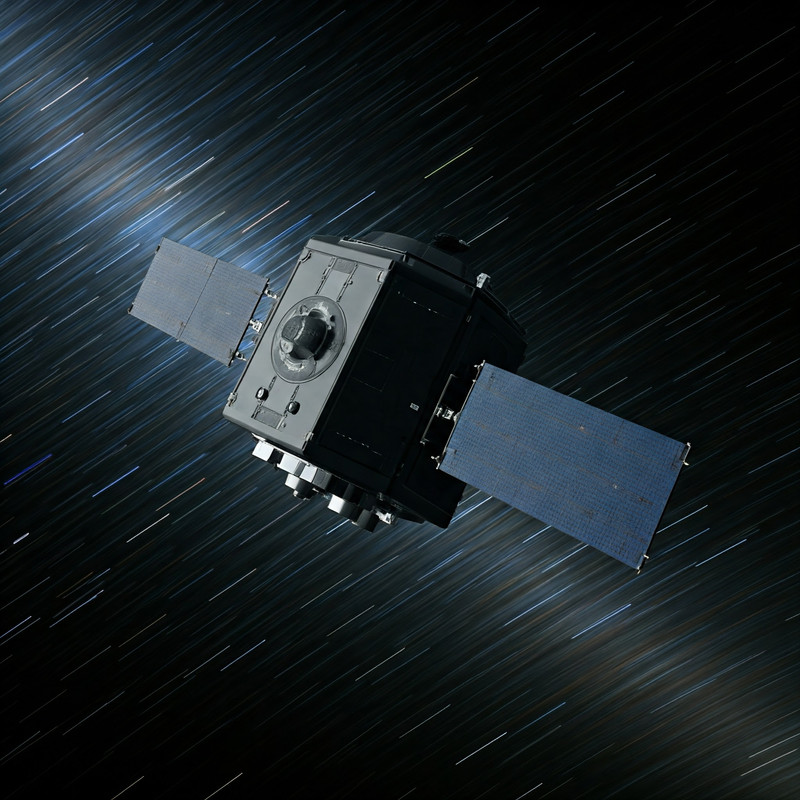SOURCE: AFI


India is poised to become part of an exclusive club of nations with quantum satellite capabilities, aiming to fortify its communication networks against cyber threats and hacking. This significant step forward is under the umbrella of the National Quantum Mission (NQM), which underscores India’s commitment to pioneering in quantum technology.
Traditional communication through optical fibers faces limitations due to the energy loss of photons over distances greater than 100-250 kilometers, necessitating the deployment of trusted node boxes approximately every 150 kilometers. This not only escalates costs but also hampers the scalability and practicality of secure communication networks.
Quantum satellites offer a solution by utilizing Quantum Key Distribution (QKD) technology, which promises unbreakable encryption. By beaming photons from space, these satellites can distribute quantum keys over vast areas, circumventing the physical limitations of optical fiber. This approach significantly reduces the need for numerous ground-based trusted nodes, thereby lowering costs and enhancing security.
India plans to intensify its efforts in satellite technology over the next 6 to 12 months, aiming to launch its own quantum satellites. This initiative will be crucial for the broader quantum communication network envisioned by the NQM, which includes developing secure communication systems for both national defense and civilian applications.
One of the primary challenges with satellite-based quantum communication, particularly with satellites in Low Earth Orbit (LEO), is their limited window of coverage. A single LEO satellite provides connectivity for only about 15-20 minutes a day due to its rapid orbital movement. To overcome this, India is contemplating the deployment of a constellation of 4-7 satellites. This would ensure continuous coverage by having at least one satellite always in view from any point on Earth where communication is needed.
The Indian Space Research Organisation (ISRO) or potentially a private entity like Dhruva Space, could take the lead in this ambitious project. ISRO has already demonstrated capabilities in satellite launches and could leverage this experience for quantum satellites. Alternatively, private players could bring innovation and speed to the deployment, potentially reducing bureaucratic delays and possibly introducing cost-effective solutions.
India’s move comes at a time when countries like China, the United States, and several European nations have already initiated their quantum satellite programs. China’s Micius satellite, for instance, has already demonstrated the feasibility of quantum key distribution from space, setting a benchmark in quantum communication technology.